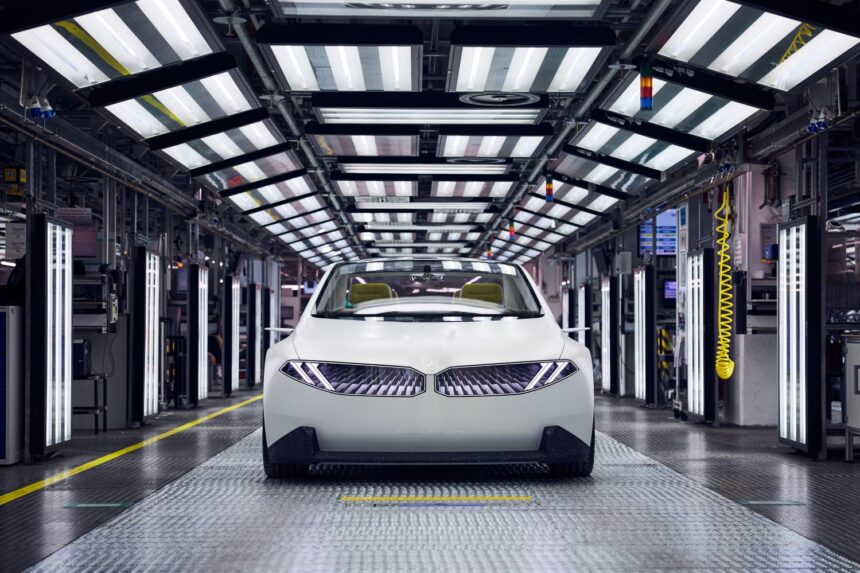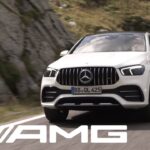Following the release of its annual report detailing the previous year’s gross sales of all-electric vehicles, BMW announces a significant investment of $711 million (€650 million) to reconfigure its flagship manufacturing facility in Munich, with the goal of producing exclusively electric vehicles by the end of 2027. As part of an ambitious multibillion-dollar initiative, Mercedes-Benz is determined to imbue its upcoming Neue Klasse electric vehicles with a bold and competitive edge, rivaling market leader Tesla’s innovative offerings.
As part of its strategic expansion, BMW’s Munich-based facility will pioneer the transition to an all-electric vehicle production line within the company’s existing manufacturing network. A new manufacturing facility is currently under construction in Debrecen, Hungary, which will exclusively produce electric vehicles. The plant is expected to start producing the upcoming Neue Klasse models by 2025. Upon completing the Munich manufacturing unit, it is likely that production of the forthcoming Neue Klasse sedan will be relocated there, with various next-generation models also set to be assembled at BMW’s facilities in China from 2026 and Mexico starting 2027.
BMW’s all-electric i4 is currently being built at its Munich facility, which has been producing vehicles since 1922. Several months ago, BMW took a significant step by ceasing internal combustion engine (ICE) production at its German facility, relocating this process to the UK and Austria, marking a major departure from its 60-year history of manufacturing ICE-powered vehicles in its home country.
While other automakers have announced their plans to phase out internal combustion engine (ICE) production, BMW has not yet committed to a specific timeline, leaving room for alignment with European Union regulations that prohibit the sale of petrol and diesel vehicles by 2035. Despite BMW’s commitment to electrification, its strategy revolves more around harmonious coexistence between electric, petrol, and even diesel-powered vehicles, with substantial investments allocated to each. Despite initial reservations, the manufacturer appears to be making steady progress towards its electric vehicle (EV) production goals, highlighting that all-electric cars accounted for a notable 15% of its total sales last year. The company aims to market approximately one million electric vehicles (BEVs) within the next year.
BMW is investing heavily in its Neue Klasse project, claiming that it will bridge the knowledge gap and allow the model to keep pace with rivals such as Tesla. At the IAA Munich Mobility auto show in September, Volkswagen unveiled its futuristic Neue Klasse concept, which is currently being tested and refined. By 2025, Volkswagen plans to launch six distinct variants of the Neue Klasse, comprising a three-sequence-sized sedan and an SUV.
BMW’s next-gen innovation is expected to revolutionize the industry with its benchmark-setting performance, rapid charging capabilities, and competitive pricing. According to BMW Group Design, the design of the upcoming 2025 Vision sedan is a significant leap forward, so much so that it appears as though they’ve skipped an entire model era. While the BMW sedan aims to compete with the Tesla Model 3, the German automaker has committed to a diverse lineup catering to various customer preferences, leaving us eagerly anticipating their next moves.
BMW nearly doubles electric vehicle deliveries in 2023.
BMW suspends production of internal combustion engines (ICEs) at its German plants, effective immediately.











